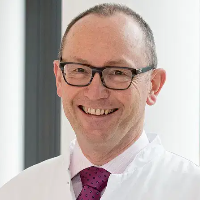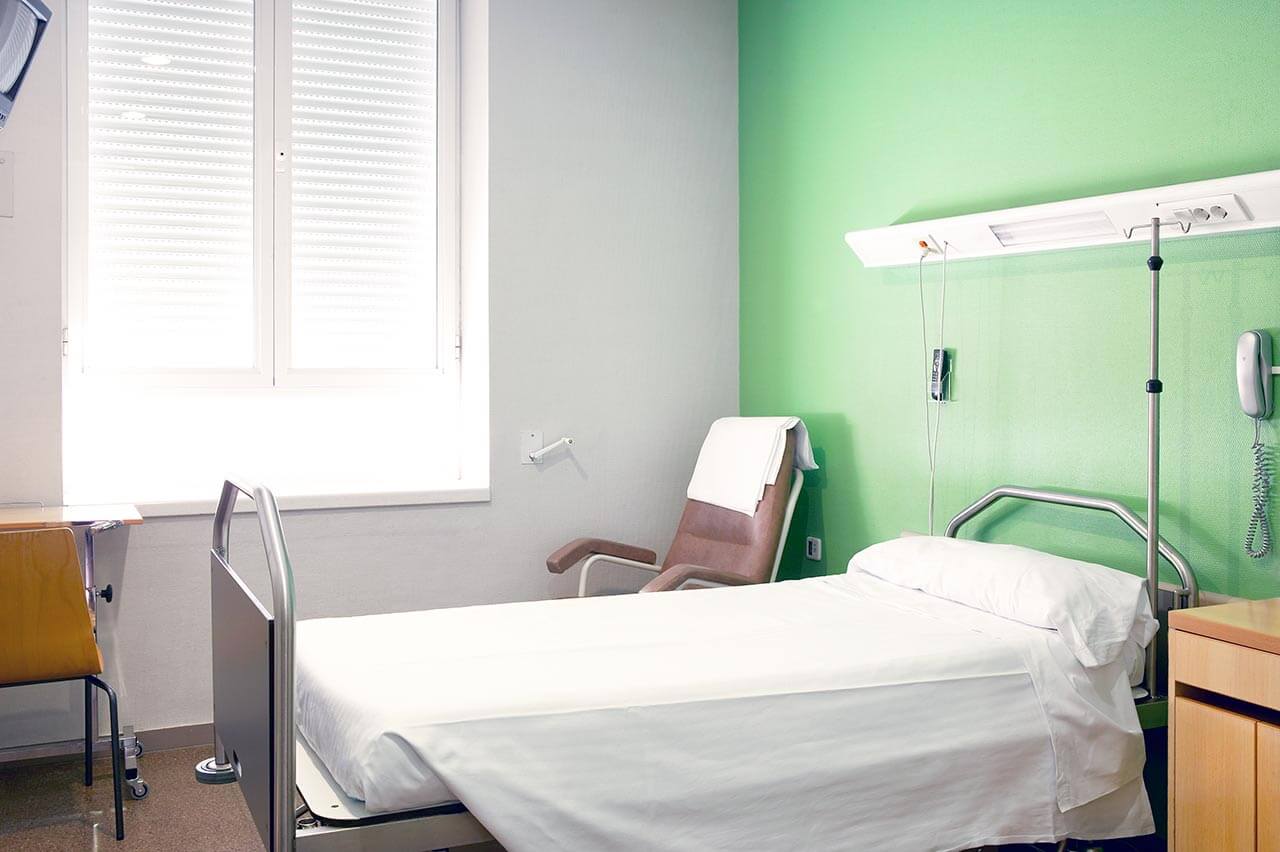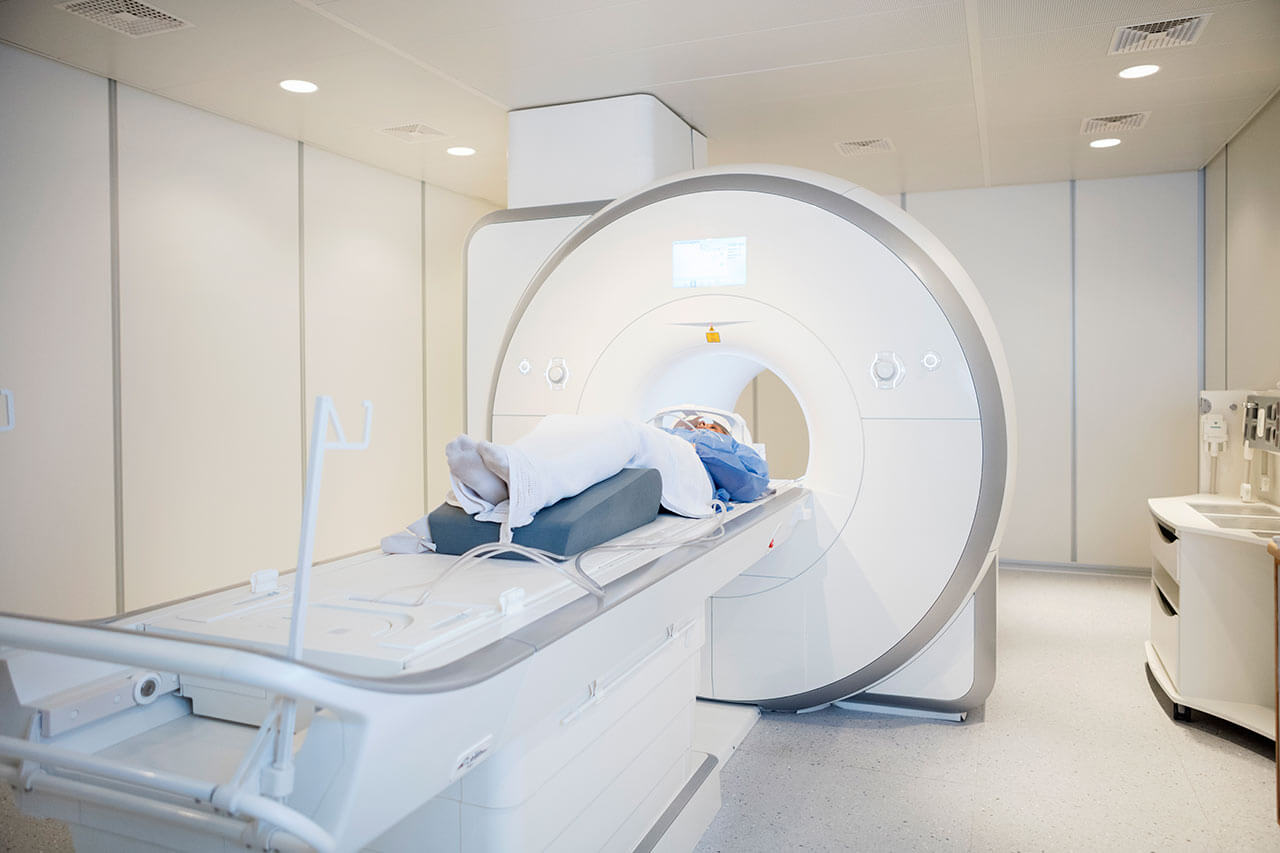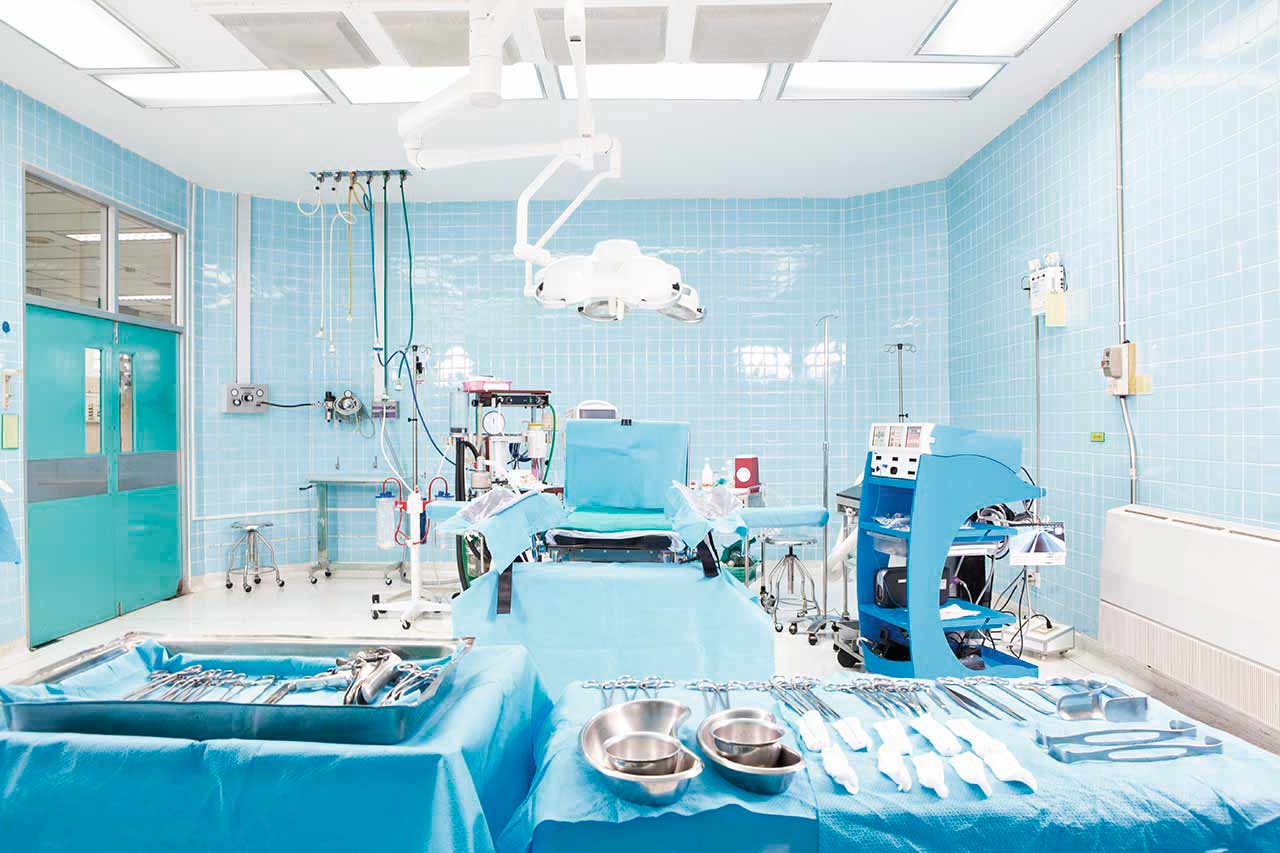
About the Department of Endocrinology, Rheumatology, Nephrology, Infectology and Angiology at University Hospital of Ludwig Maximilian University of Munich
The Department of Endocrinology, Rheumatology, Nephrology, Infectology and Angiology at the University Hospital of Ludwig Maximilian University of Munich provides highly accurate diagnostics and effective treatment of the full range of endocrine pathologies, metabolic disorders, diabetes mellitus, kidney pathologies, rheumatic diseases, and infections. The department also specializes in the conservative treatment of vascular pathologies, with the exception of the blood vessels of the heart and brain. The department provides medical care to more than 35,000 patients every year, both on an inpatient and outpatient basis. The admission of such a large number of patients testifies to the impeccable reputation of the medical facility in the European medical arena. Long clinical experience, high treatment success rates, modern therapeutic methods, and attentive patient care are the basis of the work of the department's doctors. The specialists prefer an individual approach to each patient and his clinical case, which also contributes to the achievement of excellent therapeutic results. The department is headed by Prof. Dr. med. Martin Reincke.
The team of endocrinologists treats diseases of the endocrine organs, such as the thyroid gland, parathyroid glands, adrenal glands, and pituitary gland. When treating these pathologies, doctors use modern drugs to normalize the work of the endocrine glands and a patient's condition. As a rule, symptomatic treatment is also carried out. A treatment regimen is prescribed on an individual basis, and the entire treatment process takes place under close medical supervision.
The department has excellent facilities for providing medical care to patients with metabolic disorders and diabetes mellitus. The healthcare facility regularly admits patients with osteoporosis. The condition is caused by decreased bone mineral density, which leads to fractures in minor injuries. In the case of this pathology, the department's doctors typically use drug therapy, diet correction to enrich it with vitamins and minerals to strengthen bones, and therapeutic exercises and physiotherapy procedures such as magnetotherapy, electrophoresis, therapeutic massage, and so on. Patients with diabetes mellitus or suspected diabetes can undergo all necessary tests to determine treatment tactics. An integral part of the therapeutic process is lifestyle modification, including diet, regular exercise, and giving up bad habits (smoking and drinking alcohol). Patients with type 1 diabetes mellitus are prescribed insulin therapy (they have insulin injections or pump insulin therapy). Those with type 2 diabetes mellitus can often take only oral hypoglycemic medications, but in some cases, insulin injections may also be required. In the case of type 1 and type 2 diabetes mellitus, it is important for patients to monitor their diet by excluding sweets, fatty foods, and other foods that increase blood glucose levels.
In the field of rheumatology, special attention is paid to treating polyarthritis, psoriatic arthritis, ankylosing spondylitis, reactive arthritis, enteropathic arthritis, collagenosis, and vasculitis. The department's specialists carry out laboratory tests and hardware diagnostics to assess a patient's condition and make an accurate diagnosis. Depending on the particular clinical case, the most effective drugs are prescribed, including nonsteroidal anti-inflammatory drugs, glucocorticoids, biological drugs, and others. Sanitary and resort treatment and exercise therapy are of particular value.
The nephrologists working at the medical facility are responsible for providing medical care to patients with kidney diseases and arterial hypertension, as well as caring for patients before and after kidney transplantation. The department's therapeutic options include drug therapy and modern extracorporeal blood purification procedures, such as renal replacement therapy (dialysis), apheresis, and immunoadsorption.
The department also specializes in treating infectious diseases. Of particular interest are infectious diseases, such as HIV, AIDS, chronic viral hepatitis B, D and C, tuberculosis, and sexually transmitted diseases. Treatment is carried out in accordance with current clinical protocols.
The department's therapeutic options are complemented by conservative treatment of vascular pathologies, with the exception of the blood vessels of the heart and brain. Doctors of this specialization cooperate closely with the Department of Vascular Surgery, so if an endovascular or open surgery is required, a patient can be sure that he will receive effective medical care. The department's angiologists focus on patients with occlusive peripheral arterial disease, venous thromboembolism, lymphedema, lipedema, and rare vascular pathologies.
The department's service range includes the diagnostics and treatment of the following diseases:
- Endocrinology
- Endocrine diseases
- Thyroid diseases
- Nodular goiter
- Hyperthyroidism
- Hypothyroidism
- Autoimmune thyroiditis
- Thyroid cancer
- Parathyroid diseases
- Hyperparathyroidism
- Hypoparathyroidism
- Parathyroid cancer
- Adrenal diseases
- Adrenogenital syndrome
- Conn's syndrome
- Cushing's syndrome
- Pheochromocytoma
- Adrenal cancer
- Pituitary diseases
- Acromegaly
- Pituitary adenoma
- Pituitary cancer
- Thyroid diseases
- Metabolic disorders
- Osteoporosis
- Lipid metabolism disorders
- Protein metabolism disorders
- Carbohydrate metabolism disorders
- Diabetes mellitus
- Type 1 diabetes mellitus
- Type 2 diabetes mellitus
- Gestational diabetes mellitus
- Endocrine diseases
- Rheumatology
- Polyarthritis
- Psoriatic arthritis
- Ankylosing spondylitis
- Reactive arthritis
- Enteropathic arthritis
- Collagenoses
- Vasculitis
- Nephrology
- Pyelonephritis
- Hydronephrosis
- Nephropathy
- Kidney stone disease
- Kidney failure
- Benign and malignant kidney tumors
- Infectology
- HIV
- AIDS
- Chronic viral hepatitis B, D and C
- Tuberculosis
- Sexually transmitted diseases
- Angiology
- Occlusive peripheral arterial disease
- Venous thromboembolism
- Lymphedema
- Lipedema
- Rare vascular pathologies
- Other diseases and pathological conditions
Curriculum vitae
Higher Education and Professional Career
- Since 2004 C4 Professor in Internal Medicine with a focus on Endocrinology and Head Physician, Department of Endocrinology, Rheumatology and Nephrology at the University Hospital of Ludwig Maximilian University of Munich.
- 1998 - 2004 C3 Professor in Internal Medicine with a focus on Endocrinology and Diabetology, Albert Ludwig University of Freiburg.
- 1996 - 1998 Consultant, Department of Internal Medicine, University Hospital Wuerzburg.
- 1995 Habilitation.
- 1994 Board certification in Internal Medicine.
- 1992 - 1995 Further professional training in Internal Medicine, Department of Internal Medicine, University Hospital Wuerzburg.
- 1986 Thesis defense, University of Cologne.
- 1985 - 1990 Fellow, Department of Internal Medicine, University Hospital Cologne.
- 1985 Admission to medical practice.
- 1980 - 1985 Human Medicine studies, University of Cologne.
- 1978 - 1980 Human Medicine studies, Heidelberg University.
Fellowships, Prizes and Awards
- 2016 European Research Board Extended Grant in the Pathophysiology of Primary Aldosteronism.
- 2014 Prize for Good Teaching from the Bavarian Ministry of Education, Culture, Science and Art.
- 2008 Member of the German National Academy of Sciences Leopoldina.
- 1998 Poster Award from the German Society for Endocrinology.
- 1995 Schöller-Junkmann Award from the German Society of Endocrinology.
- 1994 Poster Award from the German Society of Internal Medicine.
- 1991 - 1992 German Research Foundation (DFG) Fellowship Grant at the National Institutes of Health, Bethesda, USA.
Memberships in Scientific Societies
- 2014 - 2017 President of the German Society of Endocrinology (DGE).
- 2010 - 2013 Member of the Executive Committee of the European Society of Endocrinology.
- Since 2004 Founding Member of the Steering Committee of the European Network for the Study
of Adrenal Tumors (ENSAT), since 2008 Chairman.
- Since 2010 National Representative of the Steering Committee of the European Science Foundation Network for the Study of Adrenal Tumors (ENSAT-ESF).
- 2005 Member of the Scientific Committee of the German-Israeli Research Foundation.
- 2005 Member of the Scientific Committee of the Friedrich Baur Foundation.
- 2004 Member of the Scientific Advisory Board of the August Lenz Foundation.
- 2001 Member of the Steering Committee of the European Adrenal Tumor Network.
- 2000 - 2002 Board Member, European Society for Clinical Research.
- 2000 - 2003 Member of the Executive Committee of the German Society of Endocrinology (DGE).
Photo of the doctor: (c) LMU Klinikum





